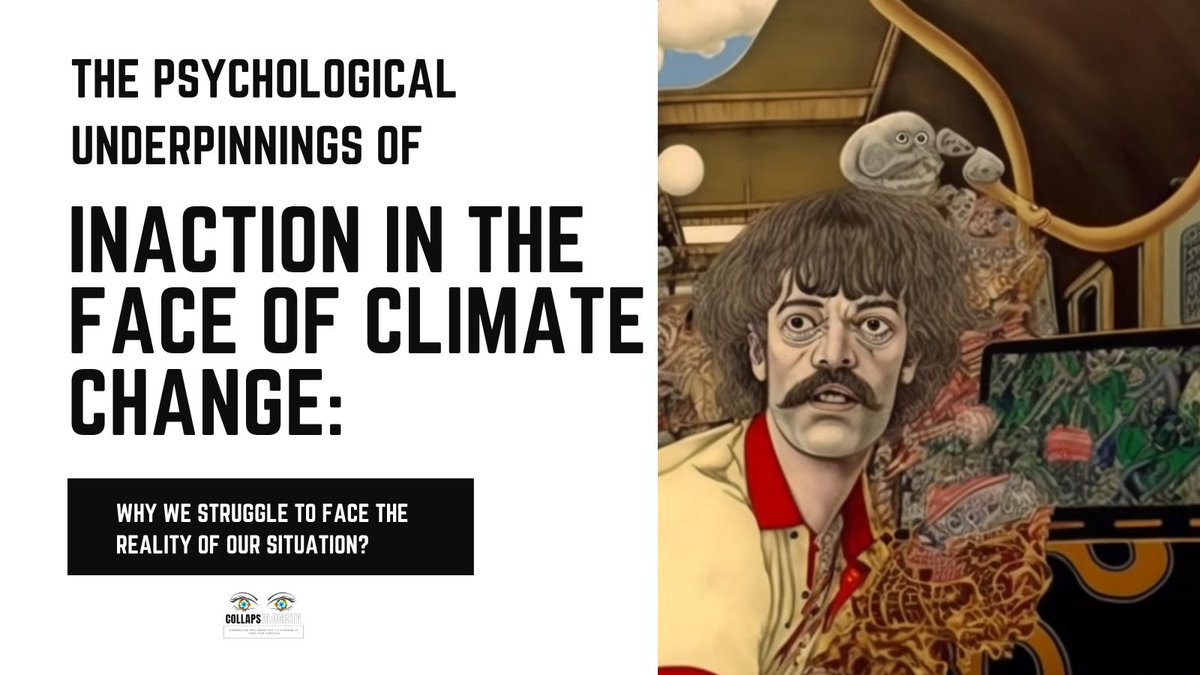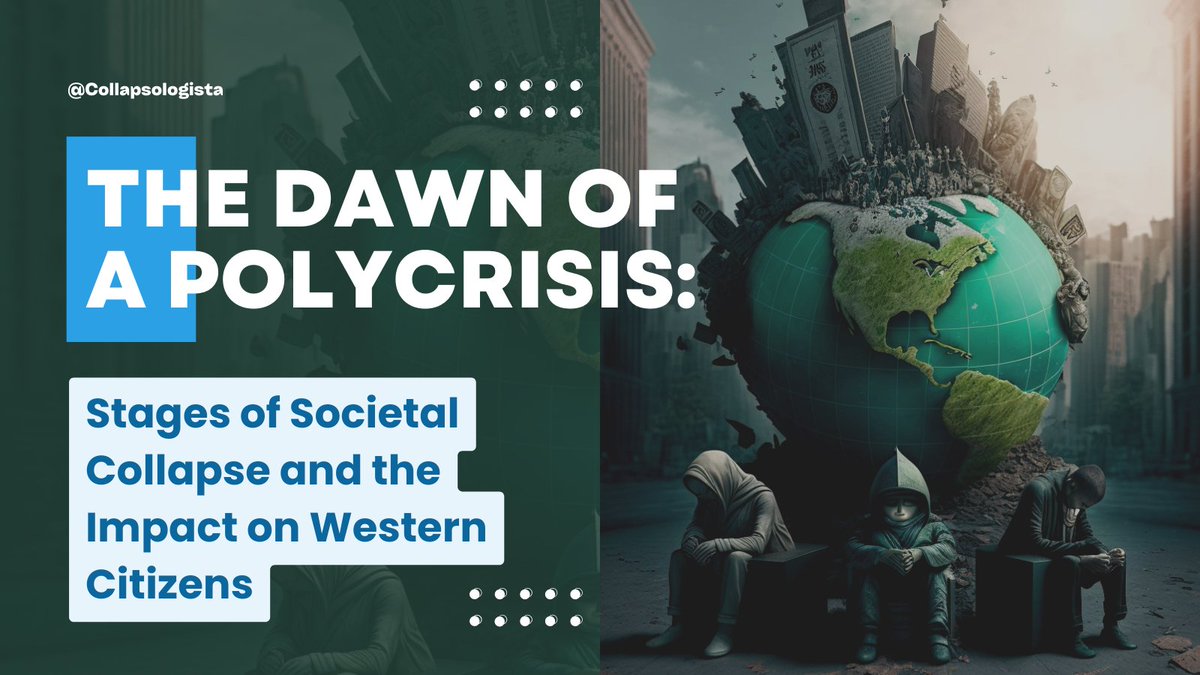🧵In recent years, political #polarization has become a dominant feature of political discourse in many democratic nations. As political parties and their supporters increasingly diverge in their ideological beliefs, the divide between them grows, leading to a breakdown in 👇 

democratic norms and the collapse of social systems. This thread will explore the different ways in which political polarization contributes to the erosion of democracy and the collapse of social systems, providing a comprehensive understanding of this pressing global issue.👇
I. The Mechanisms of Political Polarization
1️⃣Identity Politics
One of the key factors driving political polarization is the rise of #identity politics. As individuals increasingly identify with their political affiliations, they tend to view opposing parties as enemies rather👇
1️⃣Identity Politics
One of the key factors driving political polarization is the rise of #identity politics. As individuals increasingly identify with their political affiliations, they tend to view opposing parties as enemies rather👇
than fellow citizens with different perspectives. This "us vs. them" mentality fosters animosity and an unwillingness to compromise or find common ground.
2️⃣Media #Fragmentation
The advent of the internet and social media has led to a proliferation of news sources, each catering
2️⃣Media #Fragmentation
The advent of the internet and social media has led to a proliferation of news sources, each catering
to specific ideological niches. This fragmentation allows individuals to access news and information that confirms their pre-existing biases, reinforcing their political beliefs and further polarizing the population. Everything else is #fakenews.
3️⃣Political Elites and Partisan Gerrymandering
Political elites have contributed to polarization by exploiting partisan gerrymandering, which involves manipulating electoral district boundaries to favor their own party. This practice entrenches political divisions and encourages
Political elites have contributed to polarization by exploiting partisan gerrymandering, which involves manipulating electoral district boundaries to favor their own party. This practice entrenches political divisions and encourages
politicians to cater to their base rather than pursuing policies that benefit society as a whole.
II. The Erosion of Democratic Norms
1️⃣Decline of Compromise and Consensus-Building
The widening ideological divide between political parties reduces the likelihood of compromise👇
II. The Erosion of Democratic Norms
1️⃣Decline of Compromise and Consensus-Building
The widening ideological divide between political parties reduces the likelihood of compromise👇
and consensus-building. This creates legislative gridlock and leads to the stagnation of policy-making, preventing the democratic process from addressing pressing societal issues.
2️⃣Attack on Democratic Institutions
As political polarization intensifies, there is an increased👇
2️⃣Attack on Democratic Institutions
As political polarization intensifies, there is an increased👇
likelihood of attacks on democratic institutions. The demonization of political opponents can lead to a decline in trust in institutions such as the judiciary, media, and electoral systems, eroding the foundations of #democracy.
The Rise of #Populism and #Authoritarianism
Political polarization can also give rise to populist and authoritarian leaders who exploit societal divisions for their own gain. These leaders often undermine democratic norms by concentrating power in their hands and suppressing👇
Political polarization can also give rise to populist and authoritarian leaders who exploit societal divisions for their own gain. These leaders often undermine democratic norms by concentrating power in their hands and suppressing👇
dissent, further eroding the foundations of democracy.
III. The Collapse of Social Systems
1️⃣Social Fragmentation
Polarization not only impacts the political sphere but also infiltrates social systems. People become more insular, engaging with others who share their political👇
III. The Collapse of Social Systems
1️⃣Social Fragmentation
Polarization not only impacts the political sphere but also infiltrates social systems. People become more insular, engaging with others who share their political👇
beliefs and shunning those who do not. This social fragmentation can lead to the breakdown of community bonds and a decline in social cohesion.
2️⃣Economic Inequality
The inability of polarized political systems to address pressing issues such as income inequality can exacerbate
2️⃣Economic Inequality
The inability of polarized political systems to address pressing issues such as income inequality can exacerbate
existing social divisions. This growing economic inequality can lead to increased social unrest, further straining social systems.
3️⃣Erosion of Trust in Institutions and Social Capital
As trust in democratic institutions declines due to political polarization, so too does social
3️⃣Erosion of Trust in Institutions and Social Capital
As trust in democratic institutions declines due to political polarization, so too does social
capital. When individuals no longer trust institutions to function effectively, they become less willing to engage in civic activities and contribute to the greater good. This decline in social capital can lead to a breakdown of social systems and a fraying of the social fabric👇
So, political #polarization is a multifaceted and complex phenomenon that has far-reaching consequences for democracy and social systems. The erosion of democratic norms and the collapse of social systems are deeply intertwined and mutually reinforcing. To combat this alarming 👇
trend, it is crucial for societies to promote inclusivity, open dialogue, and compromise, while also addressing the underlying causes of polarization. Only then can we hope to protect the integrity of our democratic systems and maintain social cohesion for future generations.
🚧
🚧
• • •
Missing some Tweet in this thread? You can try to
force a refresh

 Read on Twitter
Read on Twitter











